SMB Sales Still A Sore Spot In The Channel
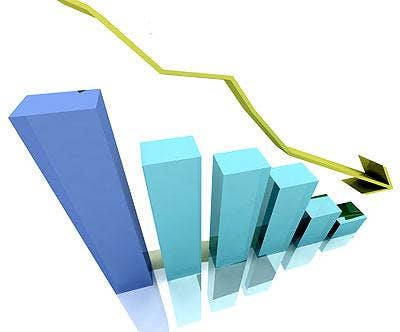
The small-business market continued to struggle in the second quarter for some publicly held distributors and direct marketers, while public sector business continued to be a rare bright spot. Several of the channel companies reported that their SMB sales fell at a greater percentage than did sales to larger customers. Of 10 companies surveyed by Everything Channel, all except one saw sales fall by at least 19 percent. Here's a look at the companies, ranked by their second-quarter sales percentage change, from worst to first.

In North America, sales were $713.5 million for the second quarter of 2009, down 25 percent from the second quarter of 2008, but up 8 percent sequentially. Gross margin on these sales held steady at 14 percent.
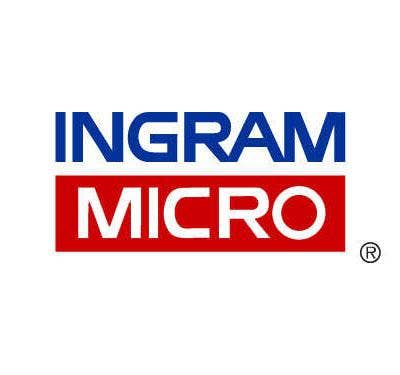
Weaker foreign currencies had about a 7 percent negative effect on the Q2 year-over-year comparison, according to Ingram Micro.
CEO Greg Spierkel warned not to expect a dramatic turnaround. "We expect the overall demand environment to follow historical seasonal patterns," he said in a statement. "While the demand picture is not deteriorating, we believe that the road to recovery will be protracted over a number of quarters as unemployment weighs on the confidence levels of consumers and small businesses."
Ingram Micro's North America sales declined 22 percent. Sales in the Europe, Middle East and Africa fell 32 percent compared to the year-ago quarter. Asia Pacific revenue fell 21 percent compared to the second quarter last year, and Latin America sales were down 27 percent for the same period.
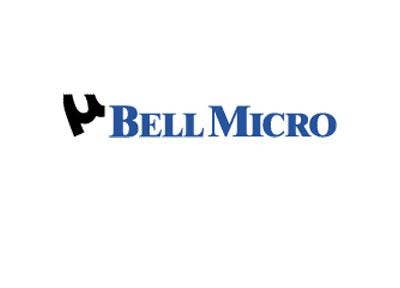
Second-quarter sales were approximately $708 million, a decrease of 24 percent compared to the second quarter last year and a 1 percent decrease from the first quarter of 2009. Excluding the effect of currency exchange rate changes, sales fell 17 percent year-over-year.
In North America, distribution sales decreased 20 percent compared to the prior-year quarter while Enterprise Group sales, which consists of the company's ProSys, Rorke Data and TotalTec operations, fell 32 percent.

Arrow's Enterprise Computing Solutions business fell 19 percent to $1.12 billion, or 24 percent without the acquisition of Logix, in its second quarter ended July 4.
"ECS sales were at the low end of our expectations due to lower demand and IT spending, as capital-intensive projects continue to be highly scrutinized," said CEO Mike Long in a statement.
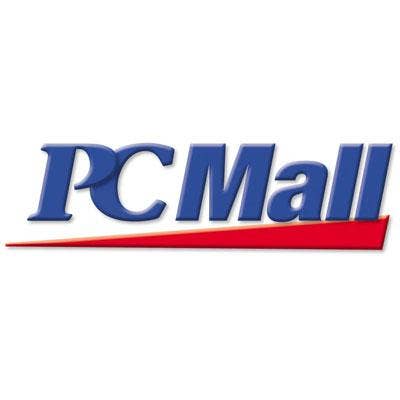
SMB was the worst-performing segment for PC Mall, as sales fell 34 percent to $85.3 million, due to the economy and an $8.9 million decrease in iPod sales to some big customers, according to the company.
The midmarket and enterprise sales were off 12 percent, while public sector sales increased 2 percent. PC Mall's consumer business also fell 23 percent, due in large part to a decrease in high-end notebooks.
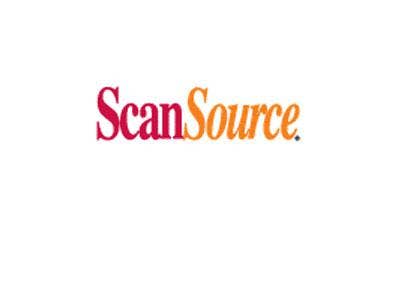
ScanSource's revenue fell to $441.2 million for the fourth fiscal quarter ended June 30, but CEO Mike Baur said North America sales showed improvement in the quarter, compared to recent results.
"We continue to be cautiously optimistic," he said in a statement, nothing that security and communications products were "excellent."

Sales in Avnet's Technology Solutions division fell 15.8 percent to $1.64 billion, better than its components division for its fourth fiscal quarter ended June 27. Within Technology Solutions, Americas revenue fell 17.6 percent, better than Europe (down 20.8 percent) but far off a 23.3 percent increase in Asia.
"Technology Solutions met its revenue expectations for the second consecutive quarter furthering our belief that the markets we serve have reached bottom," Roy Vallee, chairman and CEO, said in a statement.
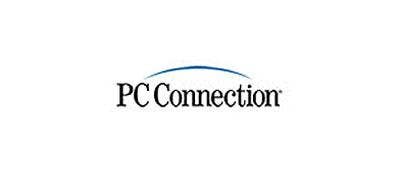
PC Connection surprised Wall Street by posting second-quarter revenue of $377 million, down 16.1 percent year-over-year, but the Merrimack, N.H.-based solution provider's gross margin declined to 11.75 percent, below estimates. PC Connection blamed the fall on "aggressive price competition" across all of its business segments, evidence that end users are still delaying purchases and solution providers are willing to sacrifice some profit to win the deal.
"In commercial sales, the weak demand we experienced in the quarter reflects the industrywide slowdown in purchasing patterns," CEO Patricia Gallup said on a conference call with analysts in July. The solution provider's SMB sales fell 25 percent year-over-year, but company executives said VARs in the large enterprise segment, which fell 13.9 percent, were also aggressive on pricing. Public sector sales increased 6.1 percent.

Sales fell to $5.18 billion from $6.17 billion for its quarter ended July 31. Like other companies, Tech Data's SMB business struggled but CEO Bob Dutkowsky said it varied by geography.
'There were regions where enterprise and midrange did better than SMB and other regions where SMB performed well," he said. "If you aggregate it all together, all the segments performed like you'd expect them to. All the segments went down some," he said. Net sales in the Americas were $2.40 billion, representing a decrease of 14.5 percent.
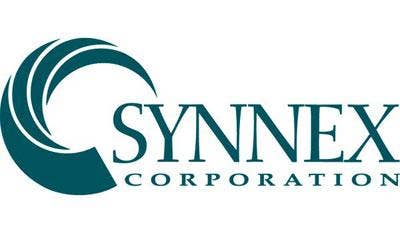
Synnex turned in a shining performance, with sales falling slightly to $1.81 billion for its second quarter ended May 31. The performance, compared to every other company, could be due to its acquisition of New Age Electronics and the fact that it doesn't operate in Europe, a region where competitors struggled due to currency exchange rates, according to one distribution executive who asked not to be named.
CEO Kevin Murai said health care, managed print services and unified communications are strong and overall business has stabilized. "We have seen signs of the [economy] strengthening over the last five months or so. Obviously, we thank our customers for their continued support and we're excited about a number of the key opportunities we're working on," he said.